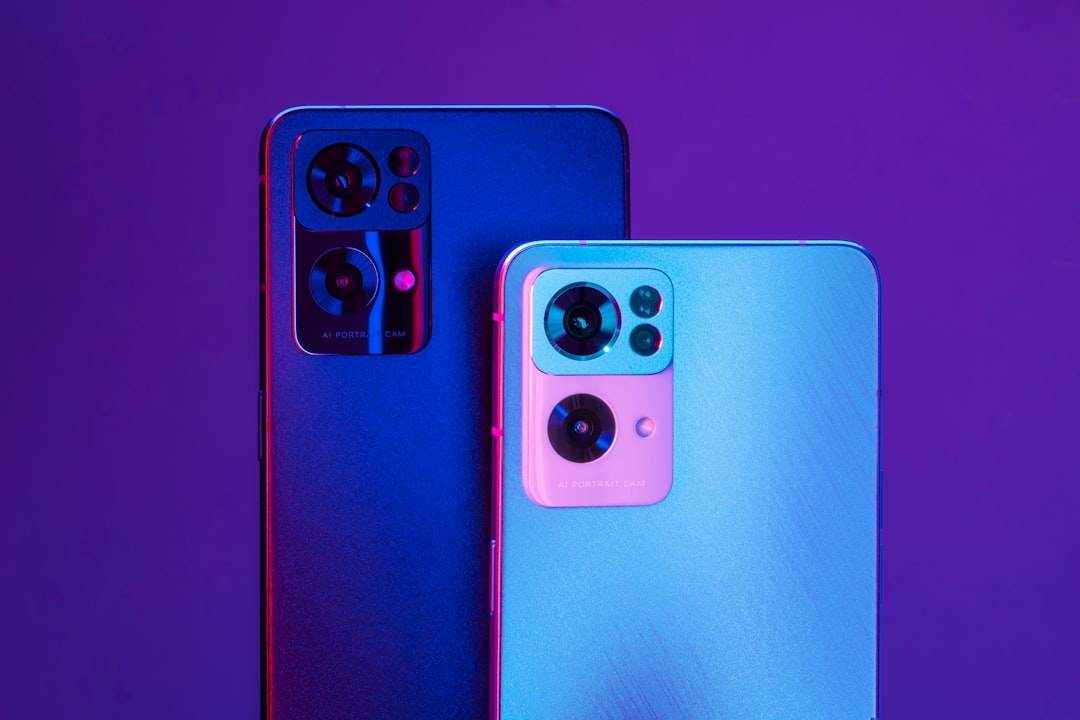Baton Rouge's "Do Not Call" laws protect residents from unwanted telemarketing calls. Registering with the Louisiana Public Service Commission (LPSC) is crucial. Consult a lawyer specializing in Louisiana's Do Not Call laws for guidance on exemptions and taking action against violators. Regularly update restricted numbers, document unauthorized calls, and stay informed through official sources to maintain compliance.
Staying informed about changes to the Do Not Call Program in Baton Rouge is crucial for protecting your privacy and avoiding unwanted calls. In this guide, we’ll walk you through understanding local laws, registering your number, recognizing common mistakes, enforcing your rights, and staying updated on the latest news. Learn how to navigate Louisiana’s strict regulations with ease, ensuring your peace of mind. For legal assistance or more information, consult a lawyer specializing in Do Not Call laws in Louisiana.
Understanding Baton Rouge's Do Not Call Laws

Baton Rouge, like much of Louisiana, operates under specific “Do Not Call” laws aimed at protecting residents from unwanted telemarketing calls. These regulations can be complex, and it’s crucial to understand your rights and responsibilities. If you’re concerned about staying compliant or want to know more about how to stop nuisance calls, consulting a lawyer specializing in Do Not Call laws in Louisiana is advisable.
These laws are designed to give residents control over their phone lines, ensuring peace of mind and reducing stress associated with unsolicited sales calls. A lawyer can help navigate the legal framework, providing guidance on registering your number, understanding exemptions, and taking action against violators. By staying informed and proactive, Baton Rouge residents can enjoy a quieter, more secure communication environment.
Registering Your Number: A Step-by-Step Guide

To stay protected under the Do Not Call program in Baton Rouge, registering your number is a crucial step. Here’s a simple guide on how to do it:
1. Gather Necessary Information: Before you begin, ensure you have your phone number ready. It’s important to note that only landline and certain wireless numbers can be registered.
2. Visit the Official Website: Start by visiting the Louisiana Public Service Commission (LPSC) website or other authorized registration platforms. These platforms provide a user-friendly interface for submitting your number.
Common Mistakes to Avoid on Phone Lists

Many people think that adding their number to the National Do Not Call Registry is enough to avoid unwanted phone calls, but there are common mistakes to avoid when it comes to staying informed about changes in the program. One oversight is not regularly updating your list of restricted numbers. Despite its name, the National Do Not Call Registry isn’t static; it’s a living document that requires active maintenance.
Another mistake is assuming that all “Do Not Call” labels are created equal. In Louisiana, for instance, if you’re using a lawyer for Do not call Louisiana to manage your list, ensure they comply with both state and federal regulations. Some numbers might be exempt from the registry’s protections, while others may have specific opt-out instructions or timeframes that must be followed. Stay informed about changes in legislation and best practices to avoid frustrating phone calls and protect your privacy.
Enforcing Your Rights: What to Do If Called

If you’re on the Do Not Call Registry in Louisiana, it’s crucial to know your rights and actions if you receive a call from an unregistered or unauthorized source. First, verify the caller’s identity by asking for their name, company, and the purpose of the call. If they refuse or cannot provide clear information, it’s a red flag.
Contacting a lawyer for Do not Call Louisiana is a recommended step if you suspect a violation. They can guide you on how to file a complaint with the Louisiana Public Service Commission (LPSC), which enforces the state’s Do Not Call laws. Document every call, including dates, times, caller information, and any specific details about the call’s content. This documentation will be invaluable when pursuing legal action or reporting violations to the LPSC.
Updates & News: Staying Ahead of Changes

Staying informed about updates and news is crucial for anyone looking to navigate the Do Not Call Program in Baton Rouge effectively. With regular changes and adjustments, it’s essential to have access to current information to ensure compliance and avoid potential penalties. One of the best ways to stay ahead is by subscribing to reliable sources and newsletters from reputable organizations or law firms specializing in consumer protection and telecommunications laws. Many Louisiana-based legal practices, including those offering Do Not Call list services, maintain blogs and updates that provide insights into recent changes and upcoming regulations.
Additionally, following trusted news outlets covering local and state government affairs can offer valuable insights. Social media platforms, while often criticized for misinformation, can also be a useful tool when managed with caution. Engaging with official government accounts and verified industry leaders allows you to access breaking news and updates directly from the source. By combining these strategies, individuals and businesses in Baton Rouge can ensure they remain compliant with the Do Not Call Program’s evolving requirements and are represented by informed legal counsel, such as a lawyer for Do not call Louisiana.






